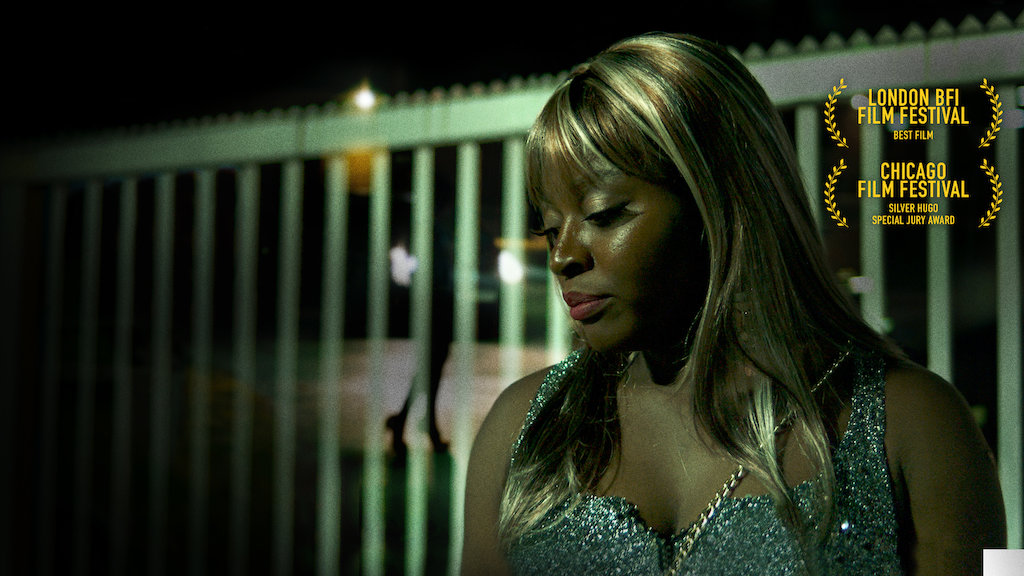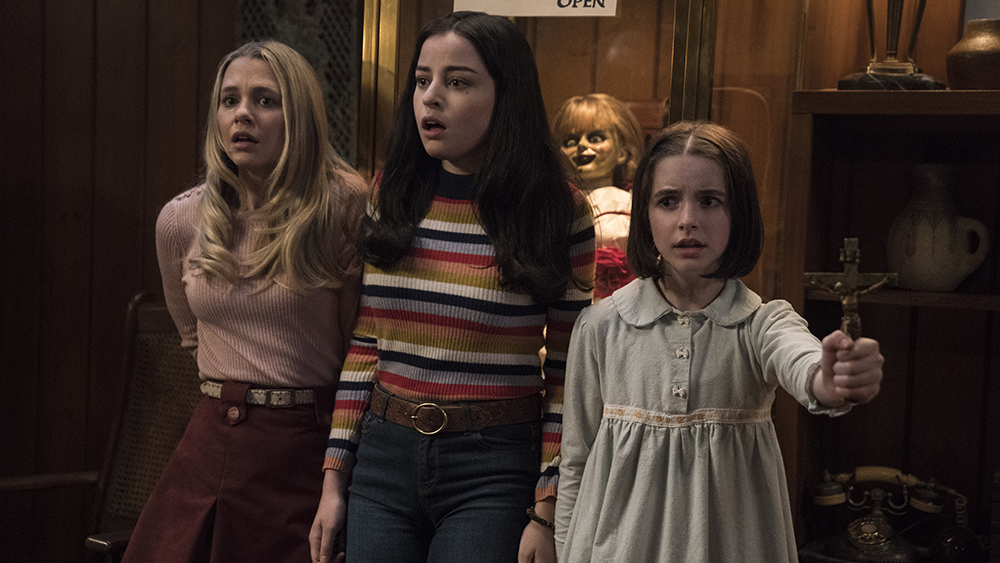Netflix’s “Joy” is not a Nollywood movie but a movie based on real Nigerian social issues namely; illegal emigration and prostitution.
Last October, we had the opportunity to see the screening of “Granma” at the “Lights, Camera, Africa (LCA) Film Festival.” “Granma” is a short film sponsored by International Organization for Migration (IOM) seeking to create awareness about the dangers of illegal emigration. But it does not do justice to the subject quite like Netflix’s “Joy.”
Austrian filmmaker Sudabeh Mortezai wrote and directed Netflix’s “Joy”. She shot the film documentary-style as opposed to a traditional scripted drama. She deserves a loud ovation for her phenomenal screenplay. As well as use of realism and symbolism.
The story draws from the casts’ personal experiences. As such, the main cast, Joy Alphonsus, Mariam Sanusi and Angela Ekeleme fully immerse themselves in their characters.
“Joy” is told from the perspective of Joy Ogbeide a Nigerian sex worker living in Austria. Alphonsus portrays the titular Joy. And the title of the film is an irony because it is melancholic. The lead actress, Joy wears a permanent frown. But who can blame her? She is far from home and has to stand out in the streets whether or not it is cold to woo clients. What’s even sadder is that after a hard month’s job, most of what she makes is split between her sponsor. the madam (Ekeleme) and her family back in Nigeria. To top off her misery, madam imposes a protege Precious (Sanusi) on her. Precious is an utter novice who must learn the trade. Or there will be dire consequences for both of them.
The story begins with Precious’s visit to a ritualist in Nigeria where she takes an oath before going to Europe. And as far as authenticity goes, Netflix’s “Joy” has got to be one of the most authentic Nigerian stories told recently. It is hard to separate acting from reality in the opening scene – a shrine, and the closing party scene. The languages used in the dialogue, Pidgin English and Bini, as well as the mannerisms solidify the film’s authenticity.
The film also sheds light on the role of advocacy groups and the government in curbing the issue. Because as you will learn from this story, those who want to do away with the life do not seem to have many options. There are no guarantees for their future. Hence, it would seem they are better off remaining sex workers.
Director, Mortezai and the cast are courageous. The issues are a harsh reality but the filmmaker does not attempt to sugar-coat them. She tells it as it. Little wonder that the drama received the “Best Film Award” at the London Film Festival. The film also won the “Super Hugo Special Jury Award” at the Chicago Film Festival.
Netflix’s “Joy” is the kind of initiative the Edo State Government should support. Rather, Mortezai features Ndani TV in her film. It is a strong endorsement for the GTBank brand. Though unclear if GTbank supported the project in any way. If the bank did, it GTBank also deserves praise.




